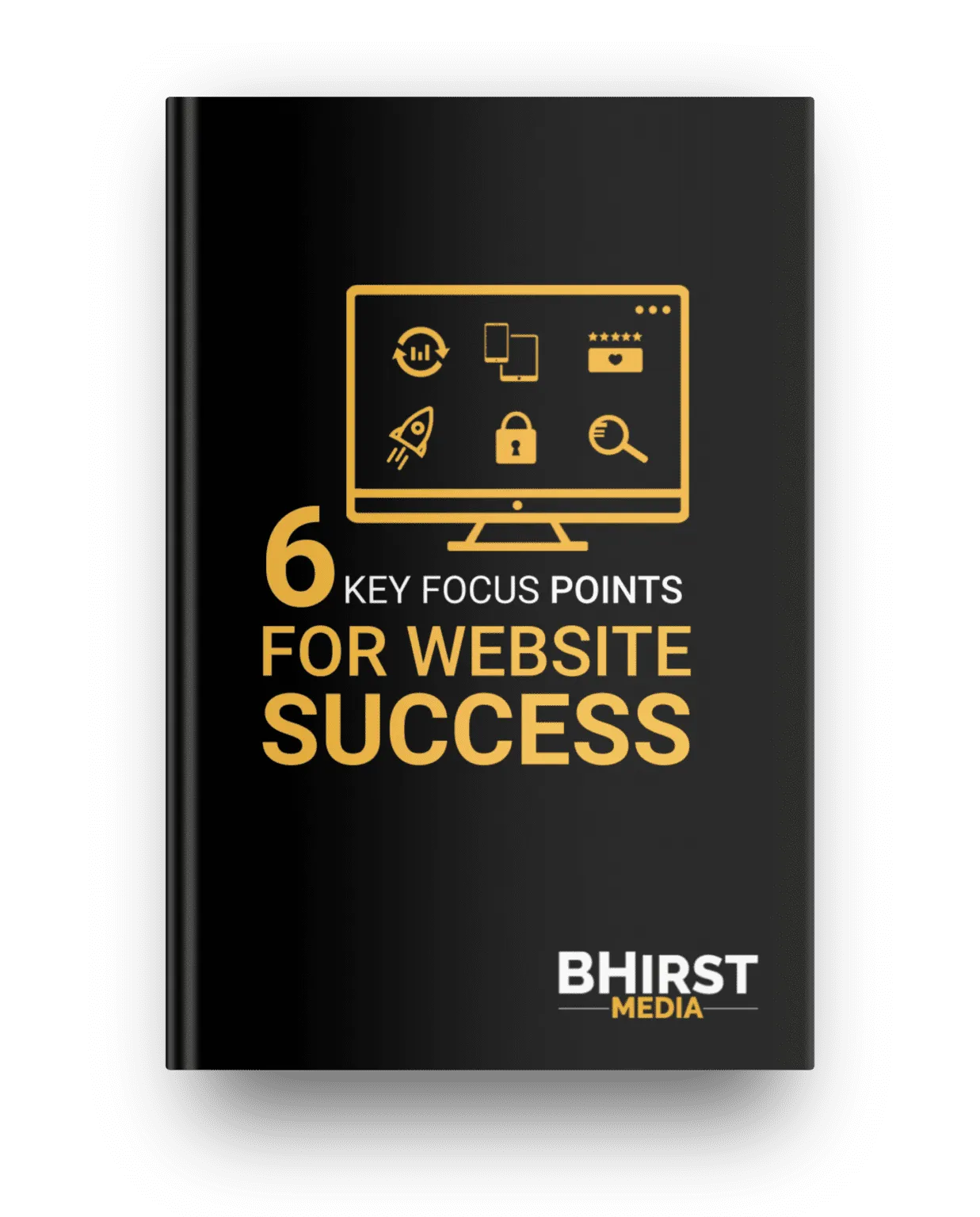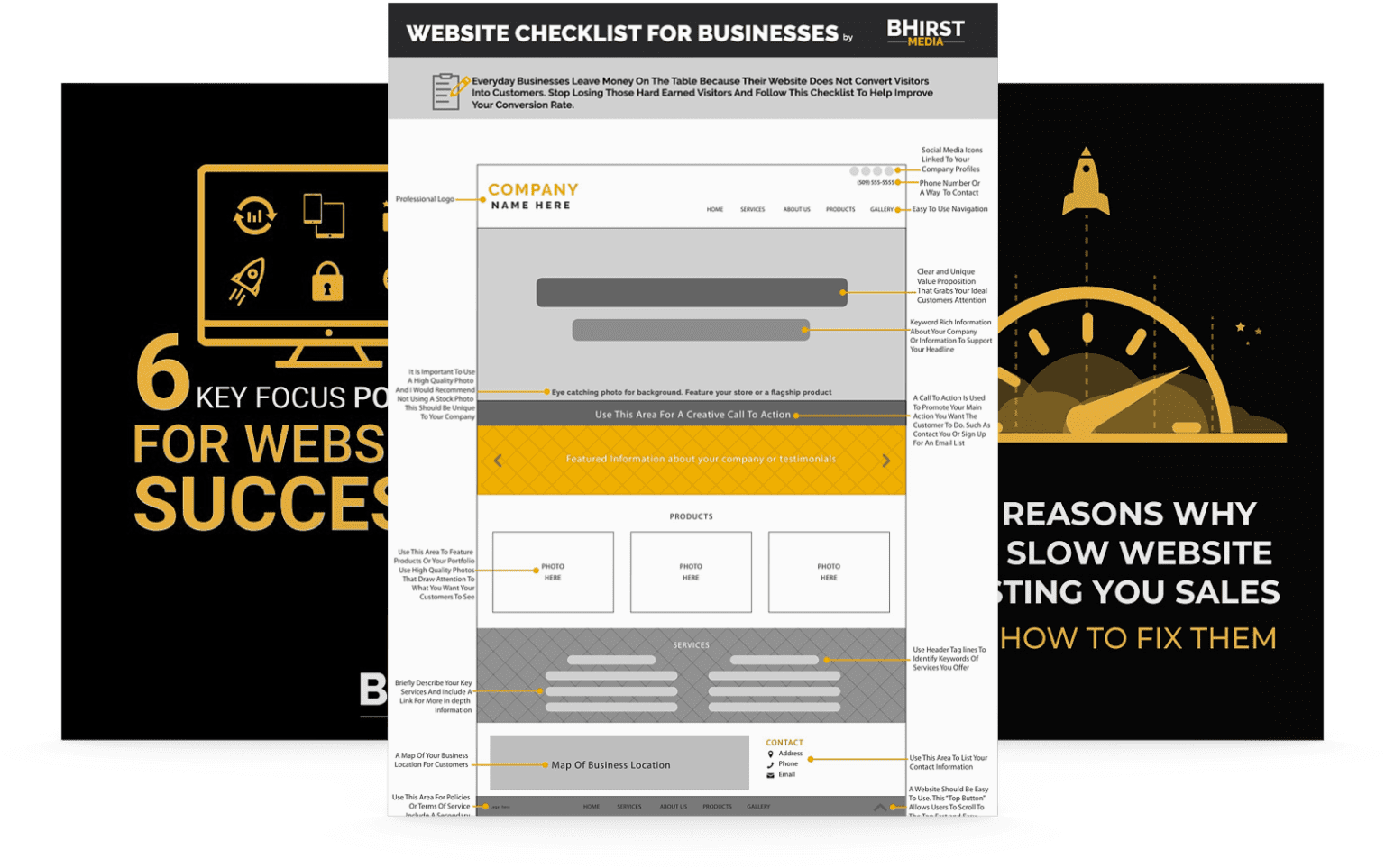
AI automation is revolutionizing small business accounting by automating repetitive tasks, reducing errors, and freeing up valuable time for entrepreneurs to focus on growth. Beyond efficiency, adopting AI in accounting can also ease stress and improve work-life balance for small business owners. Here are the key takeaways to help you understand how AI can simplify accounting.
By embracing AI automation, small businesses can transform accounting into a stress-free and streamlined process, improving both productivity and peace of mind. In the following sections, we’ll explore how specific tools, features, and real-world applications demonstrate the power of AI in accounting across various industries.
AI has emerged as a valuable ally for small businesses seeking a competitive advantage in today’s dynamic market. Accounting, often perceived as a daunting and time-consuming task for entrepreneurs, can be streamlined significantly with AI automation. This allows you to focus on strategic tasks and business growth.
Imagine your accounting system working tirelessly in the background, efficiently handling monotonous yet crucial tasks such as reconciling transactions and categorizing expenses. This is no longer a futuristic fantasy; it’s the present-day reality for businesses embracing AI automation for accounting.
AI in accounting isn’t solely about boosting efficiency; it’s about fundamentally transforming bookkeeping from a source of stress into a seamless, automated process. By integrating AI, small business owners alleviate their financial burdens and allocate more time to strategic decision-making and overall business development. Beyond accounting, AI is also making strides in healthcare with diagnostic tools, education through personalized learning, and environmental science via climate impact modeling.
Let’s delve into how these innovative tools can simplify accounting processes, boost productivity, and improve work-life balance for entrepreneurs across diverse sectors.
Many small business owners are wrapped up in the constant pressure of managing finances, payroll, and tax returns, which are critical but time-intensive. That’s where AI automation for accounting steps in, acting as your personal financial assistant. Automation in accounting enables businesses to execute tasks in mere minutes which once took hours to complete manually, providing a much-needed efficiency boost. Imagine the convenience of clicking a button and watching invoices, expenses, and bank reconciliation automatically fall into place.
AI isn’t just valuable in accounting, as it brings similar optimization to other fields. Diagnostic automation in healthcare enables quicker, more accurate diagnoses, while in the legal sector, AI automates contract reviews, saving lawyers valuable time and resources. The shift from manual to automated bookkeeping isn’t just about saving time; it’s about strategically reallocating your focus to more critical business activities. By reducing the time spent on administrative duties, AI tools enable you to pivot to what you do best—innovating, selling, and scaling your business. Small business owners often find this shift invigorating; the relief of shedding accounting stress enhances their mental well-being, allowing them to inject creativity back into their work.
Consider the case of Julia, who owns a boutique coffee shop. She once spent hours reconciling invoices and chasing late payments. Implementing an AI accounting tool resulted in:
The impact on Julia was twofold: the operational benefits were evident, but the emotional benefit of less stress and more time for her passion was priceless.

Accounting mistakes, whether minor or significant, can lead to penalties, missed growth opportunities, or even financial instability. AI-driven solutions dramatically reduce these errors by cross-referencing data in real-time, ensuring your accounts always balance. The precision of AI in automated bookkeeping solutions gives business owners peace of mind, knowing every transaction is accounted for accurately. Beyond accounting, this accuracy is also crucial in areas like medical diagnostics and legal compliance.
But how does AI achieve such precision? AI learns from past transactions, building a dynamic understanding of your business’s financial patterns. This learning capability allows for:
Neil, a real estate agent, struggled with errors on his monthly financial reports until he implemented an AI accounting tool. Here’s what happened:
Transitioning from manual errors to AI precision can be liberating, allowing you to focus on core business activities without the anxiety of potential financial inaccuracies.
Integrating AI into your accounting processes provides many benefits, but it’s also important to consider the financial implications of this.
At first glance, adopting AI accounting tools might seem costly. However, the price of automated bookkeeping solutions often absorbs the costs of hiring and managing an in-house accountant. You’re investing in more than a product; you’re investing in time. Time saved translates to:
Mayra, a freelance graphic designer, had doubts about the expense but found:
By alleviating the burden of accounting, AI tools not only provide a financial return on investment but also pave the way for work-life balance. This allows small business owners like Mayra to enjoy their hobbies, family time, or simply relax without the looming dread of financial mismanagement. Beyond accounting, similar benefits can be seen across industries, from streamlined patient management systems in healthcare to automated student feedback in education.
While implementing AI accounting tools has its challenges, the journey from setup to mastery is worth taking for the rewards it brings.
By embracing AI in accounting, small business owners can transform a traditionally stressful and time-consuming process into an efficient and streamlined operation. The benefits extend beyond mere time savings—they encompass reduced errors, enhanced accuracy, and the facilitation of smarter, data-driven financial decisions. Most importantly, AI empowers business owners to focus on strategic growth initiatives and reclaim valuable time. As AI continues to evolve, its integration into finance will only deepen, offering new opportunities for enhanced automation and insight.
Looking ahead, businesses adopting adaptable AI strategies and data-driven decision-making will thrive in an increasingly competitive landscape. Leveraging emerging technologies, prioritizing customer-centric innovation, and exhibiting operational agility will set industry leaders apart. The next era of business success will belong to those who not only adapt to change but anticipate it. The question isn’t whether you’ll adopt these advancements, but how effectively you’ll use them to gain a competitive edge.
